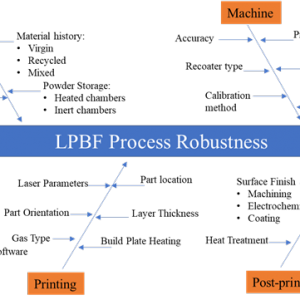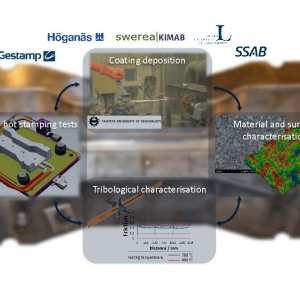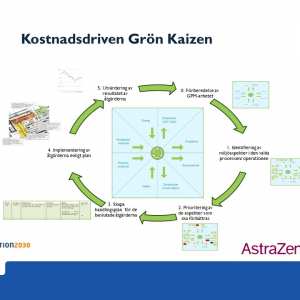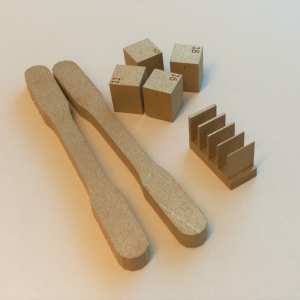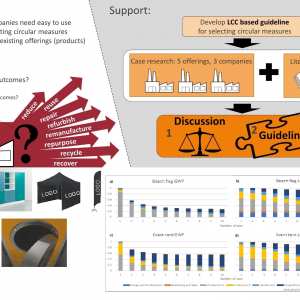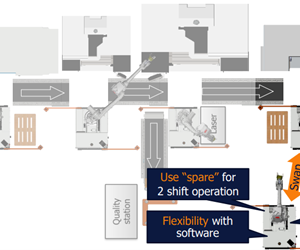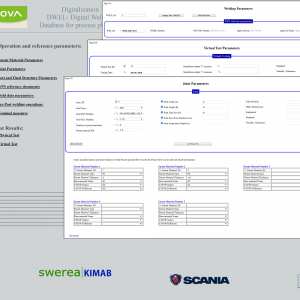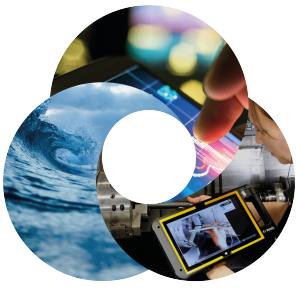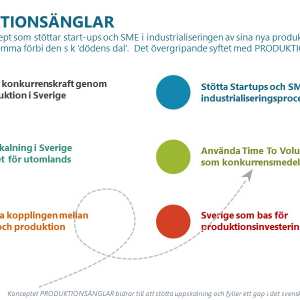SMART PM – Sustainable Manufacturing by Automated Real-Time Performance Management
Every manufacturing company measure and control production performance with a system of KPIs. The aim of the SMART-PM project is to investigate and demonstrate new ways of collecting data, transforming data to information and introducing new decision tools based on valid information and economic models of the production systems.
2018 – 2020
 Kunskapsförmedlingen
Kunskapsförmedlingen 
